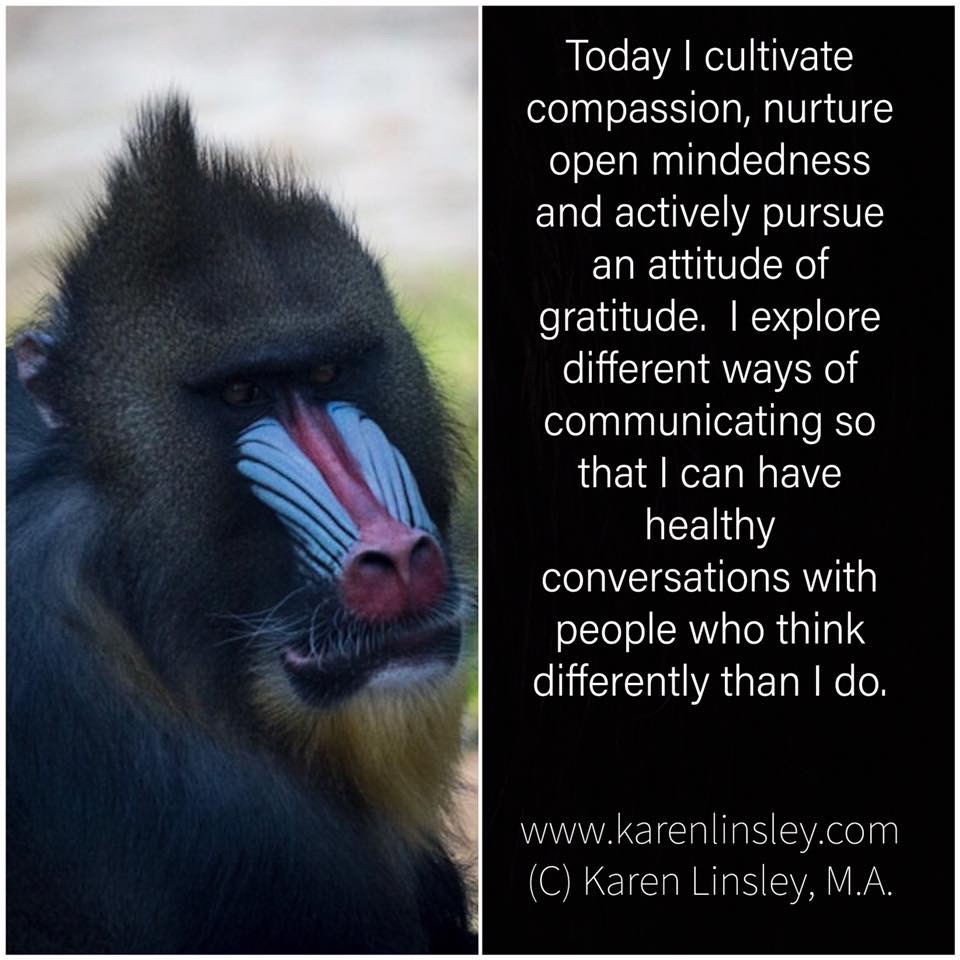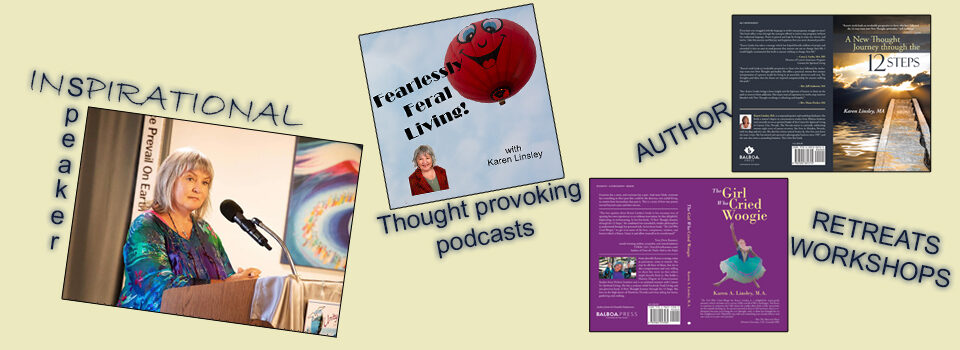
I believe life was meant to be enjoyed. You know that phrase in the Bible, where it says to be as a child? I take that to heart. No, I am not speaking of hanging on to immaturity. I am speaking of enjoying life as children do. They move through their days in awe and wonder and joy. Sometimes I look at my life and the awe almost brings me to my knees. I move through the day and appreciate the beauty of whatever is surrounding me. I feel joy that I can do the things I like to do. A friend told me I could have fun inside a paper bag, and I can. That is joy. I have the ability to find the joy in anything because I have cultivated that joy. But sometimes finding the joy becomes a bit difficult, and that’s what this post is about. It’s about the reasons why you might also be finding it difficult to find the joy, and what to do about it.
I know why it is difficult for me right now to feel the joy. Let me see if I can explain it to you. It has to do with a phenomenon called group consciousness. This phenomenon states that since we are all connected, part of a great whole, the trend of our thinking will affect others, and their thinking will affect us. I learned about this phenomenon while studying a spiritual and philosophical way of life called New Thought, which developed by this very phenomenon of group consciousness back in the late 1800s and early 1900s. All of a sudden people in separate parts of the world were all speaking and writing about the same concepts without ever connecting with each other. One of the concepts those early New Thought pioneers were speaking and writing about is Oneness. They were convinced that we are all connected on very deep levels, part of a great One. Ernest Holmes was one of those pioneers and created a New Thought teaching called Science of Mind. It is one of several, and it just happens to be the one I follow and teach. Ernest Holmes is the one who came up with the term group consciousness, but he isn’t the only one who has studied, and strived to prove, the concept. Science has proved it. I will never forget the excitement I felt when I took my first quantum physics class in grad school and discovered that what Holmes had been saying had been proven true by science.
Quantum physics is one of those sciences and they have proven it in repeated experiments. If you don’t believe me, look up the observer effect.
Another item of proof: you may have heard of the hundredth monkey effect. Way back in the 1950s some scientists did a study and discovered that if a certain learned behavior reached 100 monkeys, all of a sudden that behavior jumped across the water and monkeys on nearby islands, who never had physical contact with the first group of monkeys, began doing the same behavior.
One more, this one from an author named Terry Patten, in his book called a New Republic of the Heart: “The popularity of ideas like the “tipping point” or the hundredth-monkey stories are not simply tall tales. As already mentioned, Ken Wilber has pointed to the claim, rooted in the historical evidence of the late 1700s and the American Revolution, that when 10 percent of the population grows into a genuinely higher structure of consciousness, the nature of public agreements and power exchanges can be restructured according to a higher set of (postmonarchical, constitutional, democratic, meritocratic, free-enterprise) rules.”
Unfortunately, that phenomenon works both ways, higher consciousness and lower consciousness. If 10% of the population is living a lower state of consciousness, guess what? We are going to experience evidence of that. Such evidence looks like anger, judgement, close mindedness, rigidity, polarity.
I believe we in America are in a lower state of consciousness right now, and those of us who are aware of such things and believe in group consciousness feel it.
It may feel like grief. I’m sure you’ve felt grief before. All those things you feel when you experience a loss. Things that Elizabeth Kubler Ross identified as stages of grief: Denial, anger, bargaining, depression and acceptance. I know I’ve felt all of these in the last couple of years. I bounce around these feelings like one of those giant beach balls being tossed about by people who don’t seem to care where the ball lands or what, or who, it bounces off of.
Now, you may be thinking that this all sounds sort of victimy. To be subject to the consciousness of the populace? Yep, victim. Fortunately, we are at choice as to how to respond to this. We can choose not to buy into the polarity, the judgement, the rigidity, the anger and the close mindedness.
If you are anything like me, you might wake up some mornings just feeling wrong. No apparent reason for it. Just wrong. There is a reason, it’s the group consciousness. Here’s where we can, and should, choose differently.
I believe we have a responsibility to choose differently. Because to give in to the group consciousness means to accept the shit that is going on, and that I will not do. And neither should you. If you believe that life is meant to be lived in joy, then you will also take responsibility for being one of the hundred monkeys. Or one of the 10%. Do not buy into the group consciousness. Refuse to live from a base of fear. Instead contemplate what it could be like, feel like, to live a life based in love. Refuse to wrap yourself in a cocoon of suspicion. Instead, realize that all that suspicion simply shuts out any possibility of joyful living, and strive to be vulnerable. Yes, I said vulnerable. There is a way to be vulnerable without opening ourselves up to harm. The vulnerability I’m speaking of is a sort of open mindedness. A willingness to explore a different way to be, so as to experience a better life. Refuse to judge, condemn, belittle. Instead cultivate compassion for yourself and others. Deny the sadness that you feel and replace it with happiness. Refuse to judge anyone, for anything. Refuse to shame other people. Refuse to claim a side. Refuse to be angry. Refuse to be close minded. Instead, cultivate compassion. Nurture open mindedness. Actively pursue an attitude of gratitude. Explore different ways of communicating so that you can have healthy conversations with people who think differently than you do.
If enough of us do these things, we can and will change the world.

